Ava Wong Davies: I’m a critic and also a playwright, and I’ve been thinking a lot about how I respond to work when I write reviews. I’ve been calling it body criticism, because I respond to the work personally and very subjectively. I’ve also been thinking of whether or not my reviews are for the maker or for the audience, and what the role of criticism is, because logically and traditionally it should be for the audience.
Doing it just for an audience ties criticism to weird stuff about selling a show, which I’m sort of uncomfortable with. But if critics are reviewing just for the maker, then is it really inaccessible to an audience who are maybe not so involved in theatre?
Maddy Costa: I started reviewing theatre in 1997, and my relationship with the transactional aspect of criticism has shifted a lot in that time, especially as I’ve thought about how many layers there are to criticism. Theatre happens in a really specific time and place, and the number of people who can be in that specific time and place is quite small. So when you say the audience, do you mean the people who might also be in that room? Or do you mean people who might be interested in that work, but not have a hope in hell of seeing it? And if you mean that, that creates a whole other relationship with audience and with writing.
I ran a workshop recently for students and A-level drama teachers—all the kids now have to write criticism as part of their schooling. We read loads of reviews, one of which was Ava’s True West review (which caused contention within the UK theatre community because a male actor was referred to as good-looking). Another was Hannah Greenstreet’s When We Have Sufficiently Tortured Each Other review. Hannah’s was a heavyweight intellectual essay, whereas Ava’s was totally audience facing and embodied.
One of the teachers asked at the end, “Why is Hannah’s review even being written?” And there was something about the way she phrased her question that made me go, Oh hang on a minute. There is quite a simple divide between whether you’re writing a review for people to read before they go see a show, to decide whether or not to see it, or for people to read after. I am totally in the “after” category. Thinking about it that way means it is not an antagonistic divide. There is a necessity for both. As a “before” writer, you might want to avoid spoilers and giving away anything about the experience. As an “after” writer, you get into all of it.


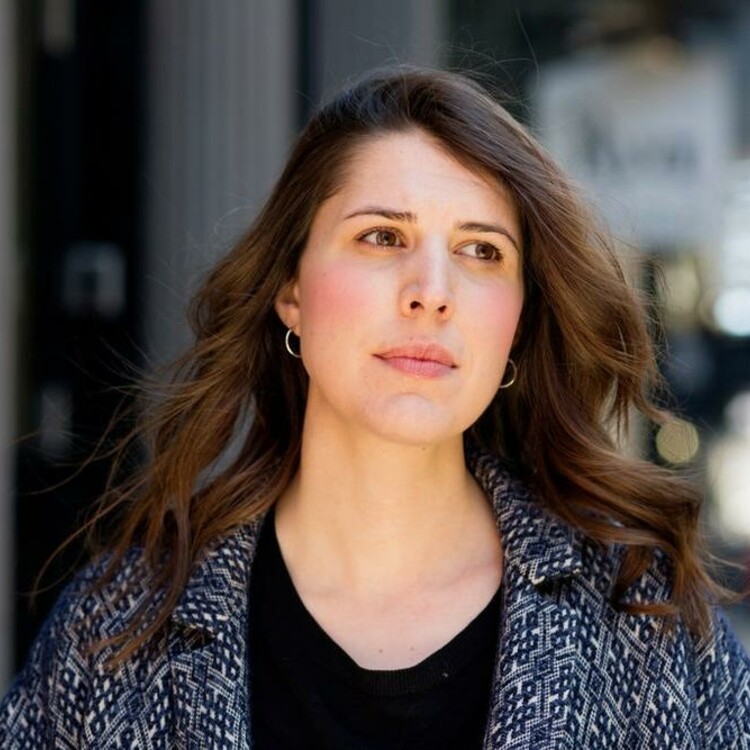
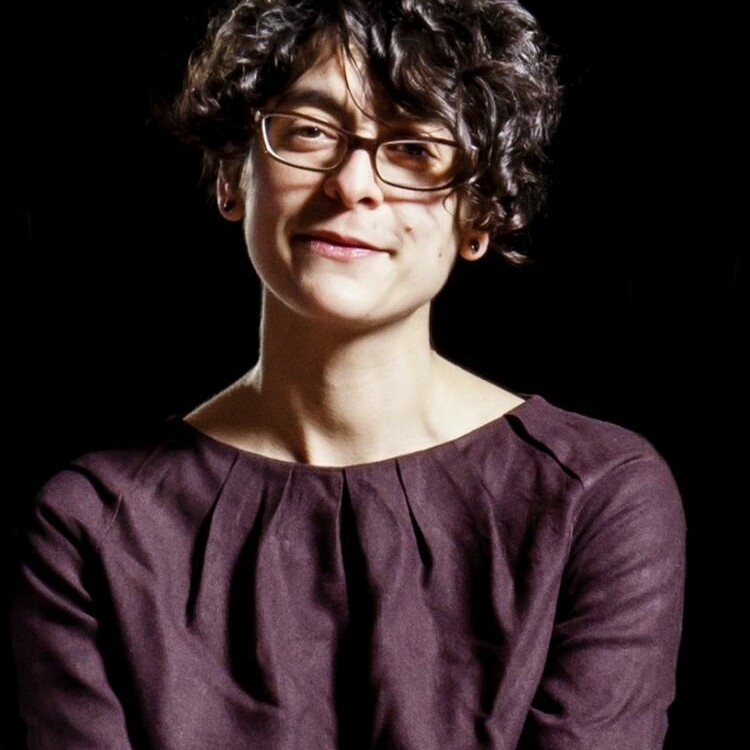
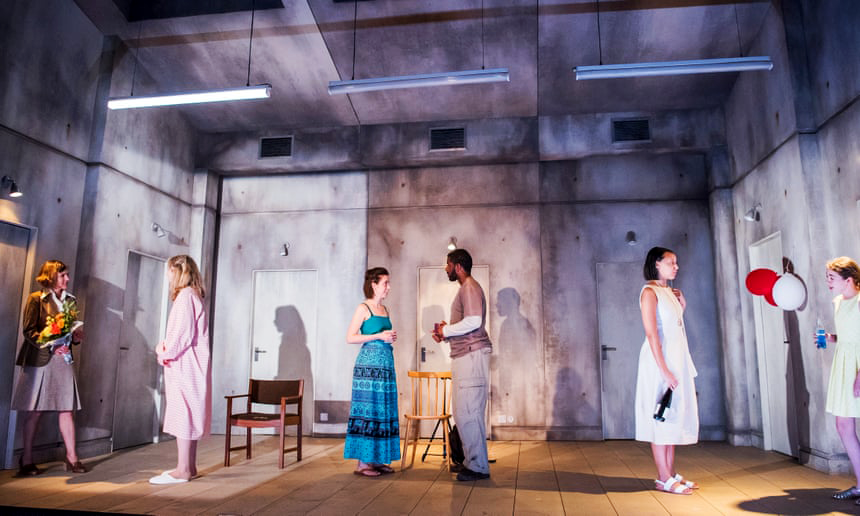
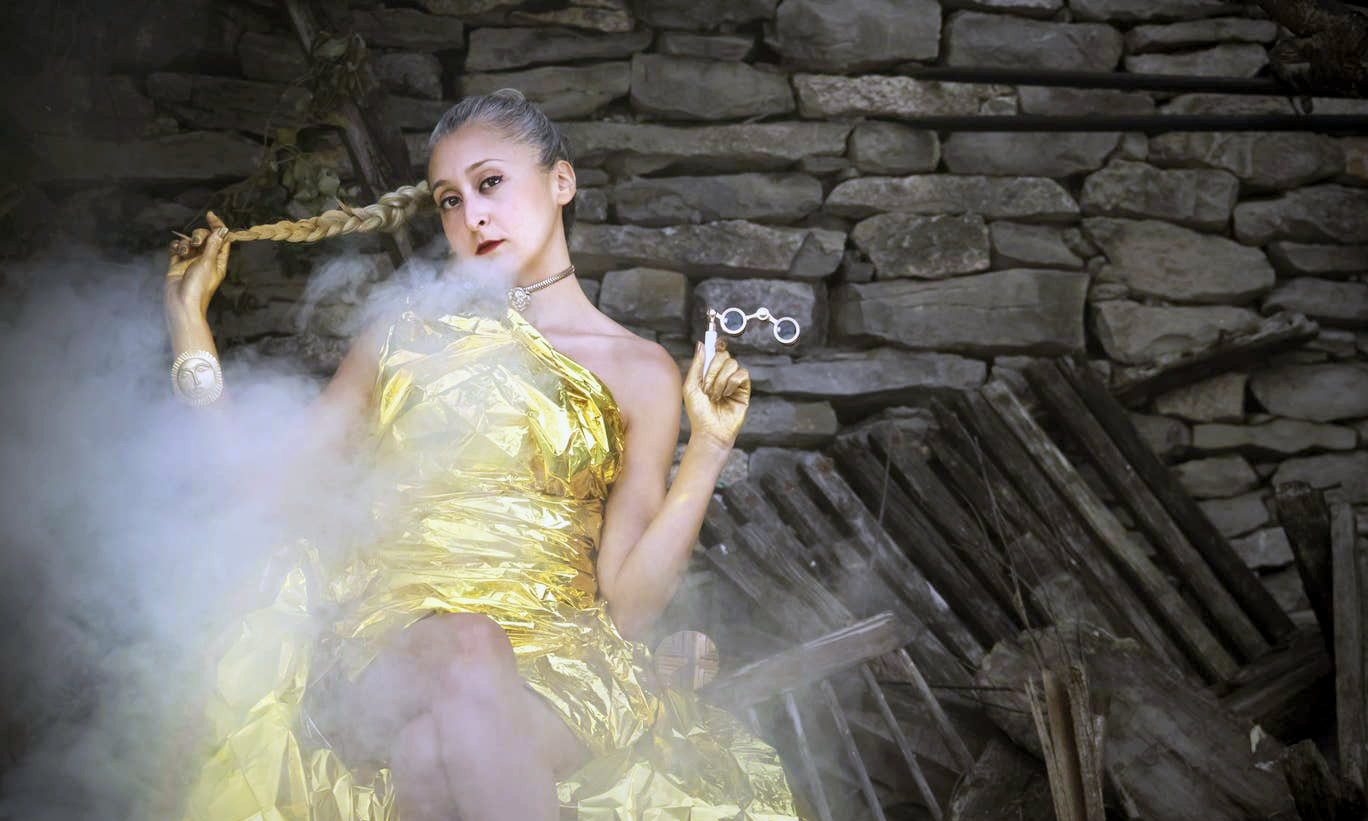
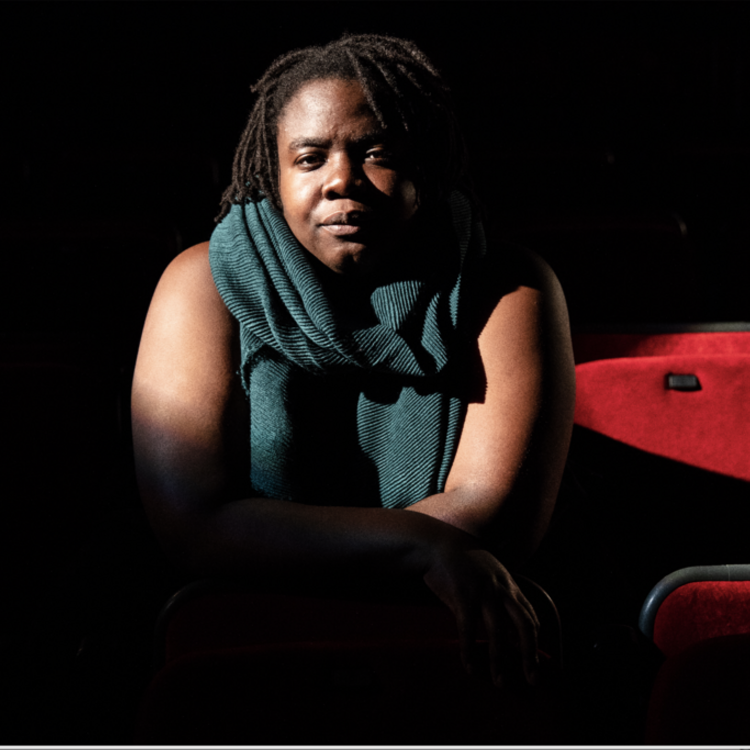



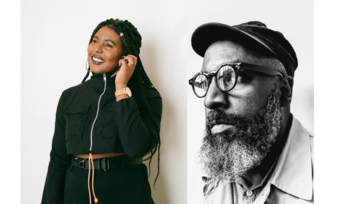


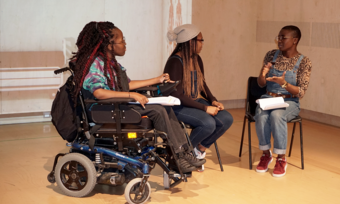


Comments
The article is just the start of the conversation—we want to know what you think about this subject, too! HowlRound is a space for knowledge-sharing, and we welcome spirited, thoughtful, and on-topic dialogue. Find our full comments policy here
I'm grateful that you three discussed the perspective of "criticism = parasite." It's an uphill battle communicating that criticism isn't outside the theatre community but rather a necessary part of it. Critics can be stewards of the theatre if we're allowed to be.